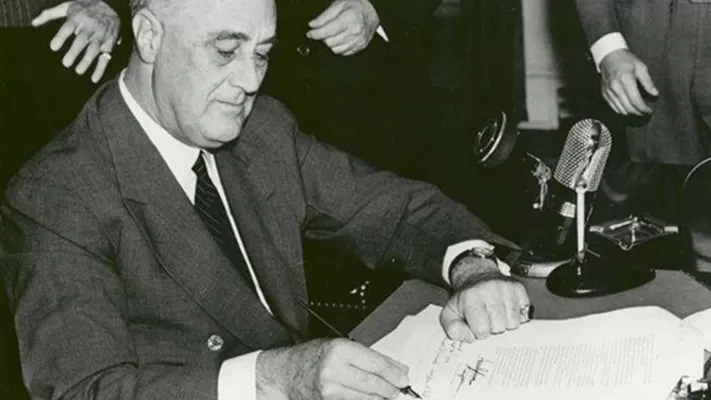Credit Union Difference
Credit unions are financial cooperatives that exist to serve their members. Our unique not-for-profit structure allows us to reinvest our earnings back into our members and communities, resulting in better rates, fewer fees, and free financial education resources.
- Ownership - Credit unions are an economic democracy. Regardless of how much money or number of accounts a member has, they are an equal owner of the credit union and have a vote.
- Volunteer Boards - Each credit union is governed by a voluntary board of directors, not stockholders. The board of directors are elected by and from the credit union's membership.
- Social Purpose - Credit unions exist to help people, not make a profit. Our philosophy of people helping people guides our leaders and encourages our employees to get involved in community charitable activities and worthwhile causes.
- Products & Services - Credit unions offer similar or the same type of products as banks, like checking or savings accounts, various types of loans, financial education, and much more. People choose to become a member at a credit union because they can offer lower rates on loans and higher rates on deposit accounts.
The Credit Union Movement
The Credit Union Movement began in Europe in the 1800s as a response to the financial needs of working-class individuals who lacked access to traditional banking services. The first credit union, established in Germany in 1864, aimed to provide affordable loans and promote savings among local communities during a time when lending was often exploitative and access to equitable credit was limited. This cooperative model quickly spread, emphasizing mutual aid and democratic governance, and eventually reaching the United States. By 1934, the Federal Credit Union Act was passed, making it possible to organize credit unions anywhere in America. Today, credit unions continue to operate on the cooperative principles of community support and member empowerment.

On June 26, 1934, President Franklin D. Roosevelt signed the National Credit Union Act into law. This legislation made it possible for credit unions to organize under state or federal charter and created the Bureau of Federal Credit Unions, the first government agency to oversee credit unions. The organization later became the National Credit Union Administration (NCUA).
